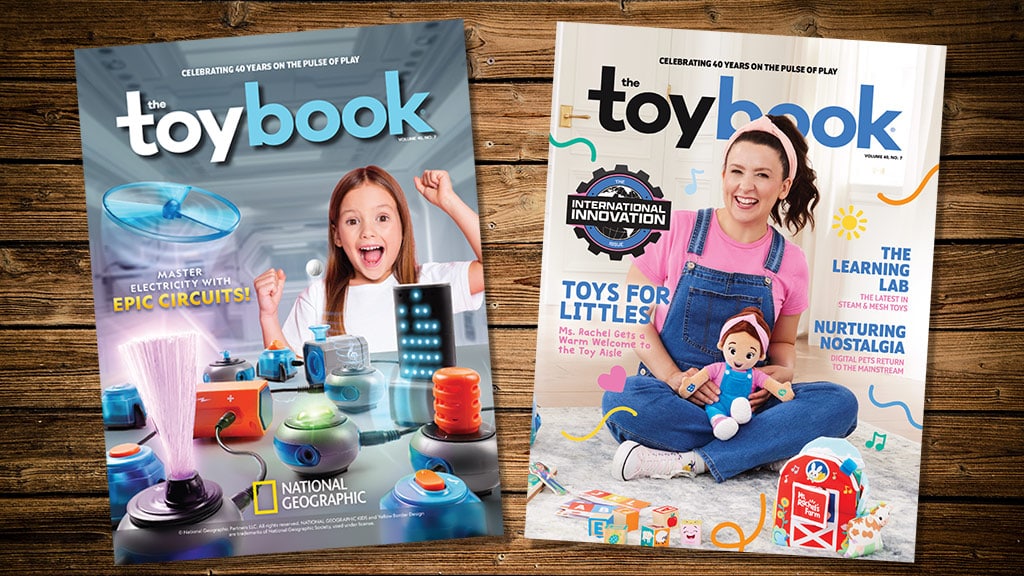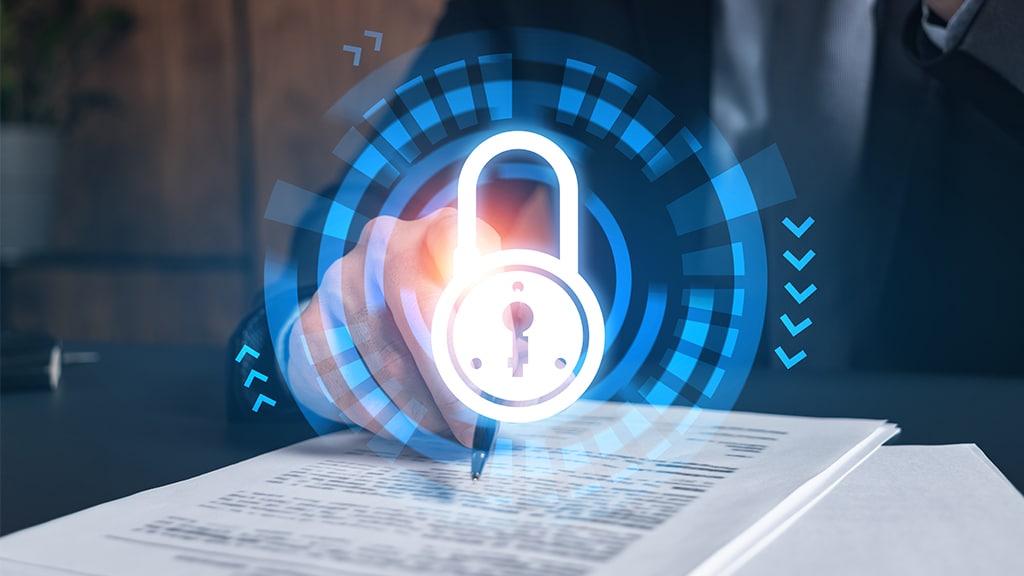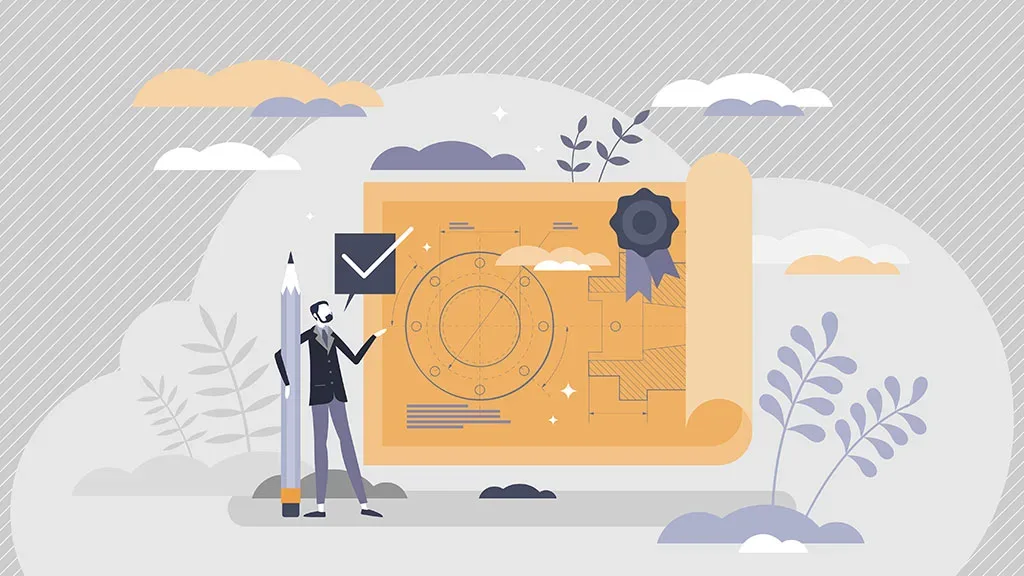by Stephanie Pottick, Esq., Pottick Law PC & Protect for Success
You’ve created the next big thing and want to pitch and license it to a company. You may be wondering how to make that happen, but soon you find amazing pitch opportunities through The Toy Association, People of Play, Mojo Nation, or Women in Toys, Licensing & Entertainment’s Empowerment Day.
I can almost guarantee you one of the first things they’ll ask you to do is sign a non-disclosure agreement (NDA). You think, “Hey, no big deal; the NDA will protect my idea and prevent someone from stealing it.” But think again.
Those NDAs generated by the bigger companies generally state … that they may already be working on a similar idea and that you can’t expect any real protection.
Most of you have probably signed an NDA before — the question is whether you actually read and understood it before you signed.
Here’s the truth: It doesn’t matter what a contract is called … it matters what it says. If you can draft and use your own NDA (preferably through an experienced lawyer), you have more control to ensure it says that the person or company looking at your idea cannot use it without your permission.
But those NDAs generated by the bigger companies generally state the exact opposite: that they may already be working on a similar idea and that you can’t expect any real protection.
Yup, you read that right. That means if you show a company your idea and something similar shows up on a shelf a year later made by that company, there’s not much you can do.
Here are some things to look out for in NDAs:
- Are the listed parties correct? If you have a company, then your company should probably be the party on the contract.
- What is covered under “Confidential Information”? Read the definition carefully. Does it include your proprietary ideas?
- What can the recipient of your ideas do with them? Do they need permission to use them? What happens if they use your ideas without permission?
- Are you keeping ownership of your ideas in the NDA?
- Is there a provision that says the obligations are binding?
- Which laws apply? Is it under a state’s law in the U.S., or does another country’s law apply? That might make a difference in how you want to proceed.
Signing any agreement is a business decision. It’s essential to understand what you’re signing before you sign it. Sometimes, the terms are “take it or leave it,” but sometimes, you can negotiate. So, why not try to negotiate first? After all, the goal is to work together on terms that work for you, too.
I’d love to hear your NDA stories. Rooting for your success! Stay safe and stay legal!
*Disclaimer: This article is for informational purposes and not intended as legal advice. Don’t rely on anything without doing your due diligence first.

A version of this feature was originally published in The Toy Book’s 2025 International Innovation Issue. Click here to read the full issue! Want to receive The Toy Book in print? Click here for subscription options!




